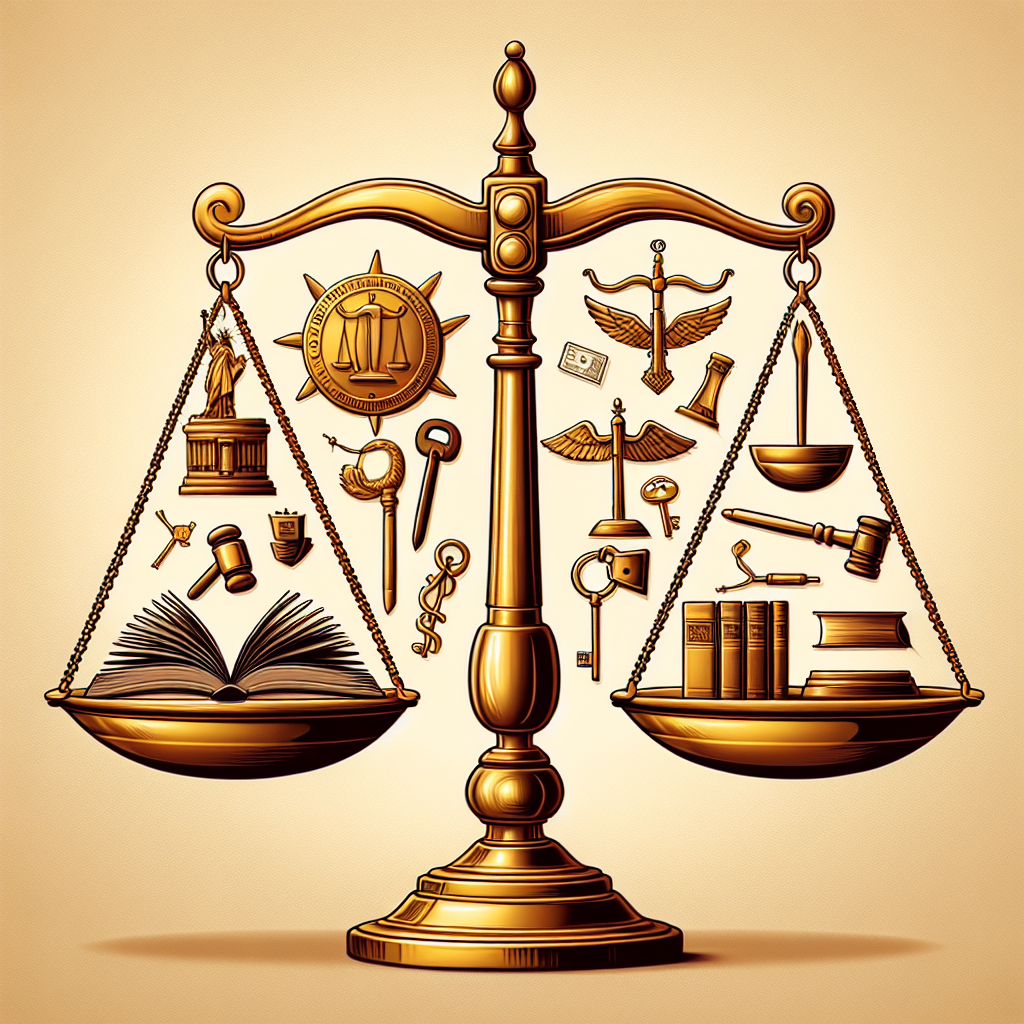Libertarianism and Civil Liberties: Striking a Balance
In today’s rapidly evolving political landscape, the ideals of libertarianism have emerged as a significant force advocating for individual rights and minimal government intervention. The relationship between libertarianism and civil liberties is intricate and multifaceted. This article will delve into how libertarian ideology aligns with civil liberties and the challenges that arise in striking a balance between individual freedoms and societal needs.
What is Libertarianism?
Libertarianism is a political philosophy that emphasizes personal freedom and autonomy. At its core, it advocates for minimal state intervention in both personal and economic matters, arguing that individuals should have the freedom to make choices about their lives without interference from the government. This philosophy hinges on the belief that individuals are best equipped to manage their own lives, provided they respect the rights of others.
The Foundations of Civil Liberties
Civil liberties refer to the individual rights and freedoms that protect citizens from government overreach. These rights include freedom of speech, freedom of religion, the right to privacy, and the right to due process. Civil liberties are the backbone of democratic societies, ensuring that individuals can express themselves and pursue their interests without fear of oppression.
The Intersection of Libertarianism and Civil Liberties
The principles of libertarianism and civil liberties are closely aligned. Libertarians champion the idea that government should not infringe upon individual rights. They argue that a free society can only exist when individuals are allowed to pursue their own definitions of happiness, as long as they do not harm others. This commitment to personal liberty resonates strongly in discussions surrounding civil liberties, as both ideologies seek to protect the individual against authoritarianism.
Challenges in Balancing Libertarian Principles and Civil Liberties
While the ideals of libertarianism and civil liberties are closely aligned, the pursuit of absolute freedom can lead to challenges, particularly in areas such as public safety, health care, and welfare.
Public Safety vs. Personal Freedom
One major area of contention is the relationship between personal freedom and public safety. Libertarians advocate for minimal government intervention, which can sometimes conflict with the need for regulations that protect the broader community. For example, some libertarians oppose seatbelt laws, viewing them as an infringement on personal choice. However, others argue that certain regulations are necessary to ensure public health and safety.
The Right to Privacy and Surveillance
In an increasingly digital world, the right to privacy is a pressing issue for libertarians. They argue that government surveillance undermines personal freedoms and civil liberties. The challenge lies in balancing national security interests with the protection of individual privacy rights. As technology evolves, governments often find themselves at odds with libertarians regarding the extent to which they can surveil their citizens.
Economic Freedom vs. Social Responsibility
Libertarians often prioritize economic freedoms, asserting that individuals should have the right to manage their own financial affairs without government interference. However, this perspective can clash with societal needs for social programs designed to support vulnerable populations. Striking a balance between economic liberty and social responsibility remains a contentious debate, particularly as governments grapple with inequality.
The Future of Libertarianism and Civil Liberties
As the political climate continues to shift, the future of libertarianism and its relationship with civil liberties will likely evolve. Increased public awareness of government overreach and surveillance may strengthen the libertarian movement, making civil liberties a central tenet of political discourse.
Promoting Dialogue and Understanding
To strike a balance between libertarianism and civil liberties, it is crucial to promote dialogue and understanding among different political ideologies. Engaging in open discussions about the role of government and the importance of individual rights can bridge the gap between those who prioritize personal freedom and those who emphasize social responsibility.
Conclusion
Libertarianism and civil liberties share a foundational belief in the importance of individual rights and freedoms. However, the challenge of balancing these principles with societal needs presents ongoing debates within political discourse. As society continues to evolve, it is essential to engage in constructive conversations that honor both the spirit of libertarianism and the necessity of civil liberties. By doing so, we can work towards a society that respects individual freedoms while also addressing communal responsibilities.
Share this content:












Post Comment